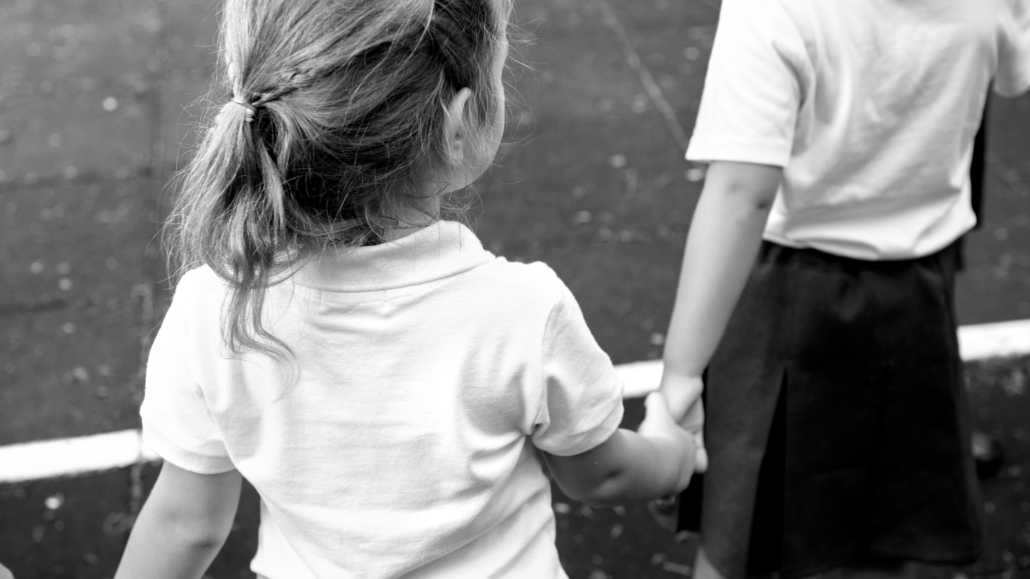Sibling sexual abuse ranks among the most prevalent yet least discussed forms of childhood sexual abuse. Because it occurs within the family—a place meant to provide protection and love—many survivors stay silent. They often minimize their experiences or question whether what they went through truly qualifies as “abuse.” If you’re reading this and wondering whether this applies to you, a friend, or a family member, I want you to know this: your experiences matter.
What Is Sibling Sexual Abuse?
Sibling sexual abuse occurs when one sibling coerces, manipulates, or forces another into sexual acts. Unlike normal childhood curiosity, where both children mutually explore, abusers exert power, enforce secrecy, and use coercion to control the situation.
Some common patterns of sibling sexual abuse include:
- Age or power difference: The abuser is typically older, physically stronger, or has more control in the relationship.
- Secrecy: The abuser commits the abuse in private and often threatens or manipulates the victim to keep them silent.
- Force or coercion: This can range from physical threats to emotional manipulation (e.g., “If you tell, I’ll get in trouble, and it’ll be your fault”).
- Repeated incidents: Although a one-time event of inappropriate behavior can be devastating, sibling sexual abuse is usually ongoing.
One of the reasons this abuse remains hidden is because many survivors don’t realize it was abuse until adulthood. They may assume it was “just how siblings are,” or they may have been gaslit by their families into believing they misunderstood what happened.
Why Is It So Hard to Speak Up?
For many survivors, sibling sexual abuse is accompanied by deep, suffocating silence. Families often don’t want to acknowledge that one child has harmed another, and parents may react with denial, minimization, or even blame.
- “They were just kids.” Many parents dismiss abuse as sibling rivalry or normal childhood exploration, refusing to acknowledge the harm it caused.
- “You’re exaggerating.” Survivors are often met with disbelief, as families struggle to accept the truth.
- Fear of losing family relationships. Survivors may remain silent to avoid breaking apart their family or being ostracized.
- Guilt and self-blame. Because families rarely discuss sibling sexual abuse, many survivors wonder if they somehow invited or deserved the abuse.
These reactions don’t just silence survivors—they compound the trauma, making them question their memories, emotions, and worth.
If this has happened to you, please know: you are not crazy. You are not overreacting. You are not to blame.
The Lasting Impact of Sibling Sexual Abuse

Sibling sexual abuse doesn’t just end when childhood does. Its effects can show up in adulthood in ways survivors might not even recognize as connected.
- Trust Issues in Relationships
Many survivors struggle with trusting others—especially in romantic relationships. You may feel like you can’t fully relax or believe in someone’s love for you.
- Sabotaging Love & Pushing People Away
Survivors often develop a fear of abandonment, leading them to test their partners, withdraw emotionally, or settle for unhealthy relationships.
- People-Pleasing and Codependency
If you were blamed, silenced, or ignored, you might have learned that your needs don’t matter. This can lead to over-giving, tolerating poor treatment, or struggling to set boundaries.
- Feeling Like You Don’t Matter
Many survivors carry a deep, unconscious belief that they are unimportant or invisible. This can show up in friendships, work environments, and romantic relationships.
- Internalized Shame and Self-Blame
One of the hardest aspects of healing is learning to recognize that you were never responsible for what happened. Even if you didn’t say no. Even if you felt love or attachment to your sibling. Even if your family blames you.
The truth is simple: it was not your fault.
How to Recognize Sibling Sexual Abuse in Others
If you suspect that someone you love has experienced sibling sexual abuse, here are some signs to look for:
In Children
- Avoiding or being fearful of a sibling
- Sudden withdrawal, anxiety, or depression
- Knowledge of sexual behaviors beyond their age
- Nightmares, bedwetting, or trouble sleeping
- Acting out sexually with peers or younger siblings
In Adults Whose Caregivers Abused Them as Children
- Unexplained self-doubt or deep-seated shame
- Difficulty trusting partners, especially in intimate relationships
- Patterns of toxic relationships or settling for less than they deserve
- Chronic people-pleasing or an inability to set boundaries
- A history of being dismissed, blamed, or silenced by family when speaking about past abuse
How to Begin Healing
If any of this resonates with you, the next step is acknowledgment. You don’t need anyone else to validate your experience—you are allowed to recognize it for yourself.
- Acknowledge That It Happened
Even if your memories are fragmented, even if your family dismisses it, your experience is real. You are allowed to name it.
- Break the Silence
Silence can keep trauma alive. Whether it’s through therapy, coaching, journaling, or confiding in a trusted friend, telling your story is a crucial part of healing.
- Find Support
You do not have to heal alone. There are therapists, support groups, and coaches who specialize in childhood sexual abuse and family trauma.
If your family refuses to acknowledge what happened, you can still heal. You do not need their validation to begin your journey.
- Release Guilt & Self-Blame
Abuse is never the victim’s fault. No matter what anyone says, you did not deserve what happened.
- Redefine Your Relationships
You get to decide who has access to your life. If staying connected to your family is causing you pain, you are allowed to set boundaries or even walk away.
A Final Word: You Are Not Alone
Healing from sibling sexual abuse can feel overwhelming, but you don’t have to do it alone. You are not crazy, you are not broken, you are not beyond healing.
If you take one thing from this post, let it be this:
Your pain is real, and your healing is possible.
If you’re ready to get support, connect with me here or connect with me on Facebook.
And if you’re feeling alone right now, please know: there are people who believe you, who see you, and who are ready to walk this path with you.
You deserve healing. You deserve peace. And you deserve a life free from the weight of the past.






